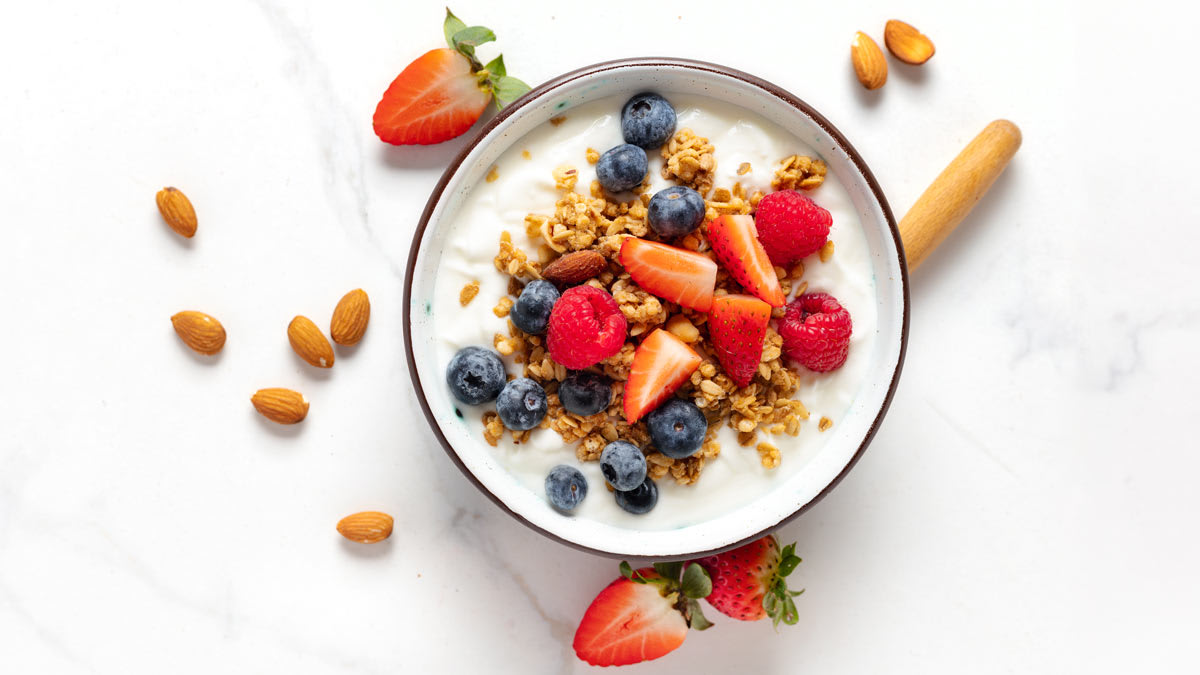Foods that promote inflammation include processed foods, such as refined grains (like white bread), deli meats and hot dogs, deep-fried foods, and sodas and other foods high in added sugars. In a 2020 analysis of 15 studies published in the journal Medicine, researchers found that people who ate the most pro-inflammatory foods had a 41 percent increased risk of developing cardiovascular disease.
To tweak your eating style, first identify anti-inflammatory foods you like and add more of those to your diet, says James R. Hébert, director of the Cancer Prevention and Control Program in the Arnold School of Public Health at the University of South Carolina in Columbia. This strategy is more likely to succeed than eliminating foods that you love right off the bat, he says. Gradually, cut back on foods that promote inflammation until your diet contains mostly anti-inflammatory foods.
That doesn’t mean replacing all processed foods, says Sarah Hammaker, a registered dietitian in York, Pa. Processed foods with very few ingredients, no preservatives, and little sodium or added sugar (like some brands of peanut butter, canned beans, or jarred pasta sauce) are less inflammatory.
Use herbs and spices liberally, too. They contain many beneficial compounds similar to those in fruits and vegetables. The dietary inflammatory index, a research tool that analyzes how diet might affect inflammatory markers in the blood, includes garlic, ginger, thyme, rosemary, saffron, oregano, and turmeric among ingredients that can have a positive impact. Hébert suggests adding generous amounts of these to foods as you cook.
Other good diet moves include sipping tea or coffee (with just a little sugar, if needed) instead of soft drinks, depending on your caffeine tolerance, of course; these also have flavonoids and polyphenols. If you drink alcohol, have no more than a glass of wine or one beer a day. More than that may crank up inflammation, says Giovannucci. Finally, if you don’t eat a lot of foods with vitamin D—such as milk, fortified cereals, and salmon, sardines, or other seafood—ask your doctor about checking your levels and taking a supplement.
Need more inspiration? Check out this sample daily menu from Hammaker, or our easy anti-inflammatory recipes.
Breakfast: Plain yogurt with fresh blueberries, nectarines, chia seeds, and walnuts.
Lunch: Quinoa salad with dark leafy greens, avocado, chickpeas, tomatoes, and a lemon olive oil dressing.
Snack: Black bean dip with sliced bell peppers, or cottage cheese with raspberries and sunflower seeds.
Dinner: Halibut or rainbow trout with brown rice and roasted summer squash, cauliflower, and carrots.
Source link
-
-
-
-
-
-
-
-
